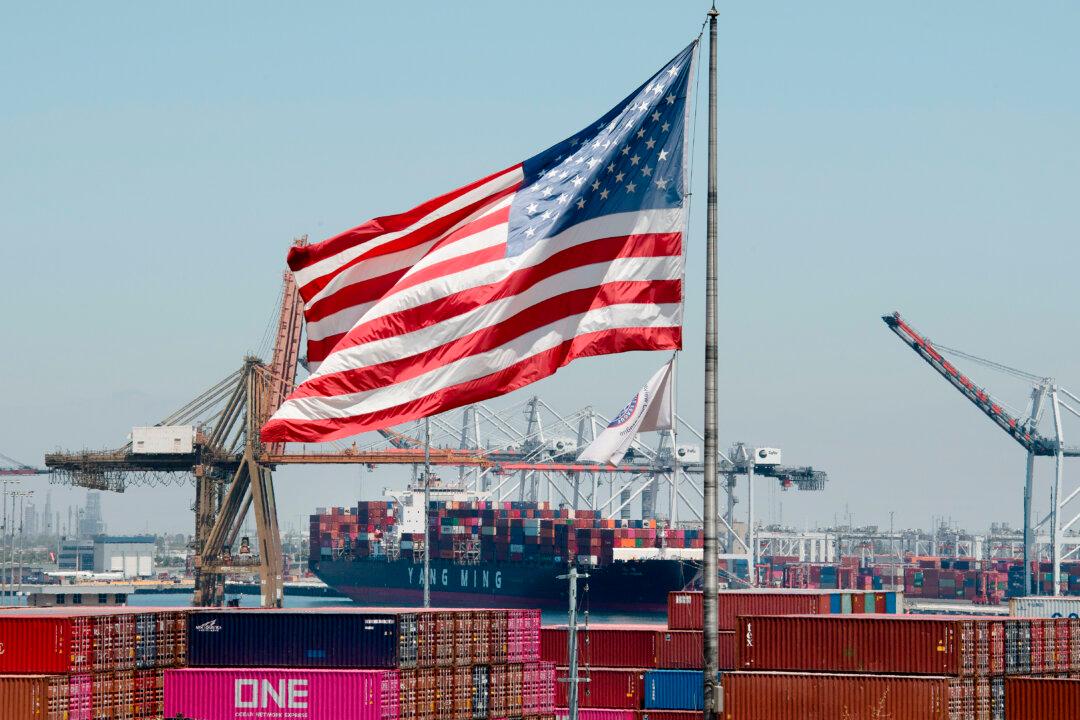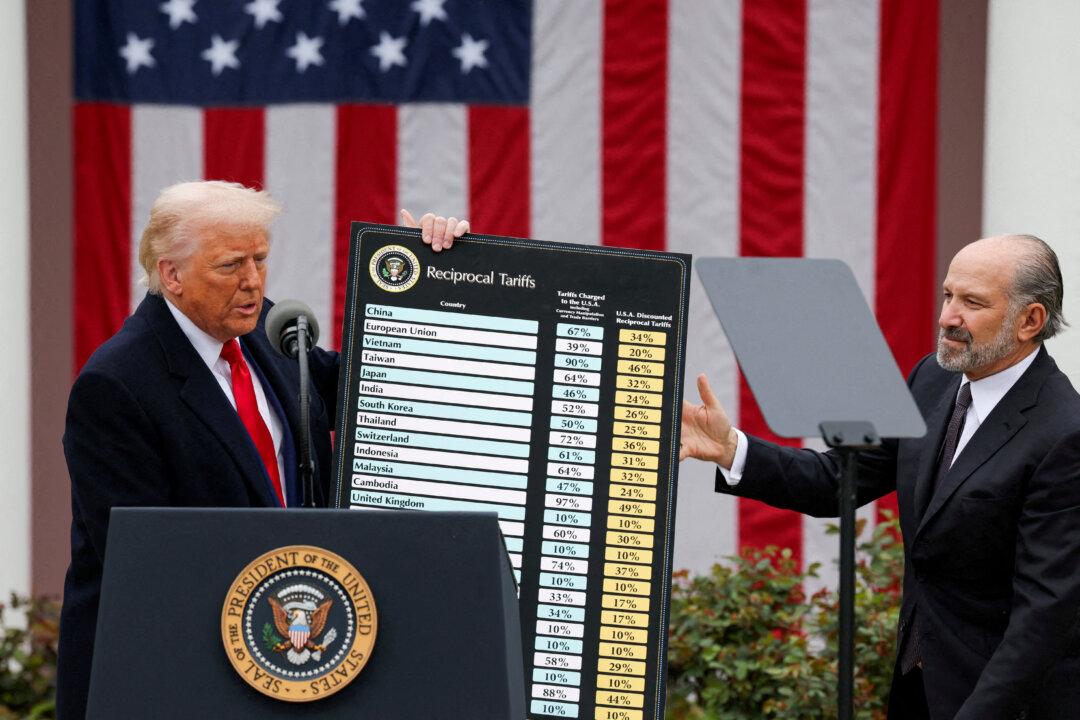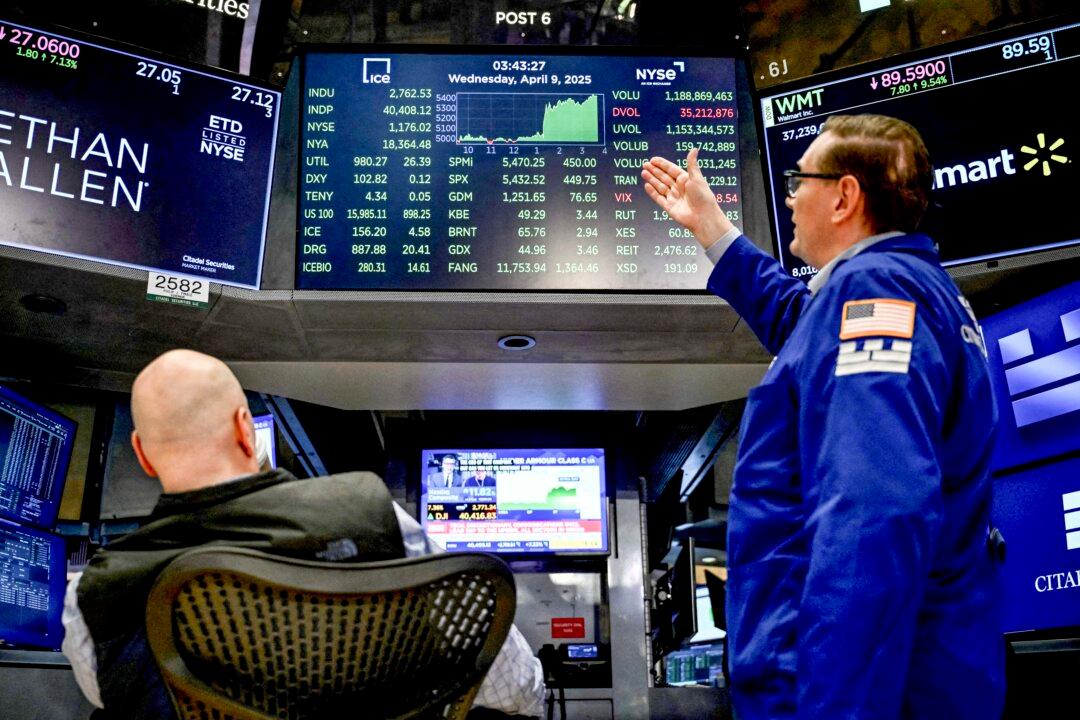Commentary
With the downbeat economic news and real estate developers staring at bankruptcy, questions about the path of the Chinese economy raise more concerns. Due to the concentration of real estate and banking concerns, the most obvious question is this: Will China have a financial crisis?





